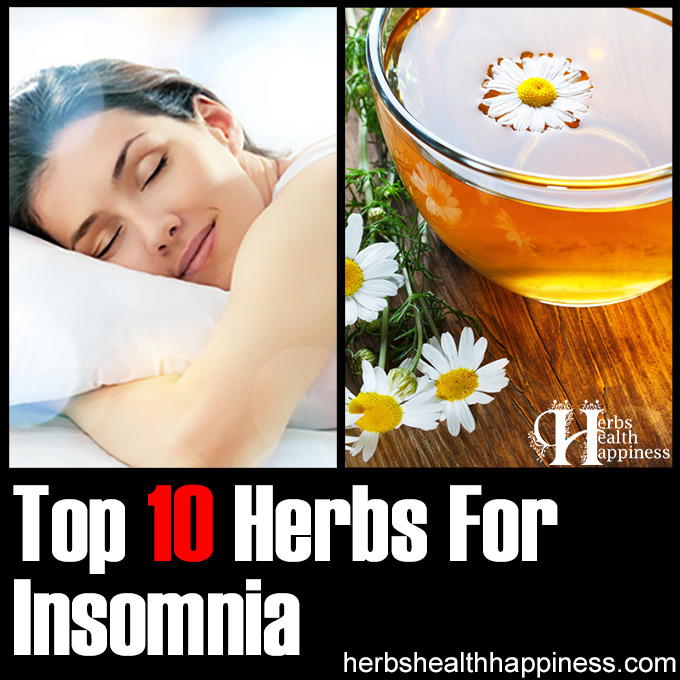

The inclusion criteria were randomized, double-blind, placebo-controlled trials, noncontrolled trials, and cohort studies.
#INSOMNIA HERBS REGISTRATION#
The review was registered on PROSPERO (international prospective register of systematic reviews in ), registration number CRD42019126991. John's wort, hawthorn, and rosemary.Ī literature search was performed using a primary medical search engine the PubMed database considering all articles published up to the registered review protocol can be found at. In particular, we differentiated the interventions and the outcomes of the studies based on the different sleep disorders (difficulty in initiating or maintaining sleep, quality and quantity of sleep, and waking up too early) and reviewed the available clinical data of the 7 most studied natural products: valerian, lavender, chamomile, hop, St. Our aim in this study was to systematically review recent literature on plant extracts and nutraceuticals administered orally and acting on sleep-related disorders. Moreover, no golden standard therapy is recommended to treat mild sleep disorders related to specific sleep stages (starting, maintaining, and ending sleep). In particular, several dietary supplements are popularly used for sleep disorders, also in addition to other remedies (e.g., sleep hygiene and mind-body therapies). ” A growing body of evidence has shown promising results for these compounds in supporting health and body functions. Given these concerns and an increasing patient preference for nonpharmacological treatments, it is important to offer patients with insomnia evidence-based nonpharmacologic alternatives that may improve their sleep.Īs defined in the Dietary Supplement Health and Education Act of 1994 (DSHEA), a dietary supplement is “a product (other than tobacco) intended to supplement the diet that bears or contains one or more dietary ingredients, including a vitamin, a mineral, an herb or other botanical, an amino acid, a dietary substance for use by humans to supplement the diet by increasing the total dietary intake of any of the aforementioned ingredients. Moreover, there are limited data on long-term efficacy of hypnotic drugs. The commonly used sleep aids based on benzodiazepine and non-benzodiazepine hypnotic drugs are often related to negative side effects such as daytime drowsiness, dependency, depression, hypnotic-withdrawal insomnia, and even excess mortality. Of those individuals who had consulted a physician, drug prescriptions had been given to approximately 50% in Western Europe and the USA. Almost half of the individuals with sleep problems had never taken any steps to resolve them, and the majority of respondents had not spoken with a physician about their problems. Chronic insomnia is also a risk factor for a variety of significant health problems, such as cardiovascular disease, diabetes, and obesity, as well as bad mood and cognitive dysfunction. Sleep disorders have an important societal and economic impact, with a consequent reduction in labour productivity or increased risk of accidents. Occasional insomnia is a very common disturb that has been reported to be experienced by about 30% of the U.S. Insomnia is defined as dissatisfaction with sleep quality or quantity in addition to at least one other symptom among difficulty initiating sleep, difficulty maintaining sleep, or early morning awakening with inability to return to sleep.


 0 kommentar(er)
0 kommentar(er)
